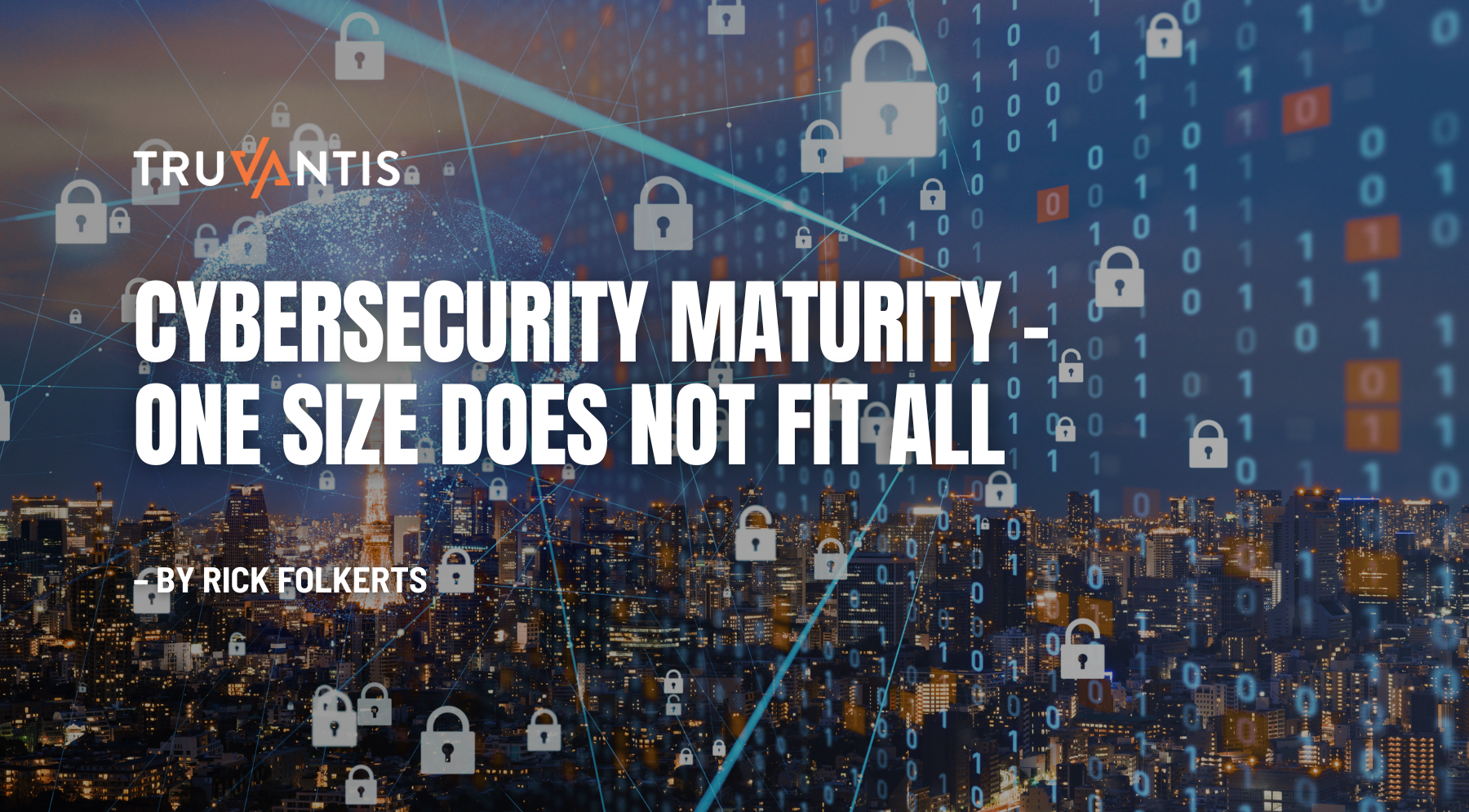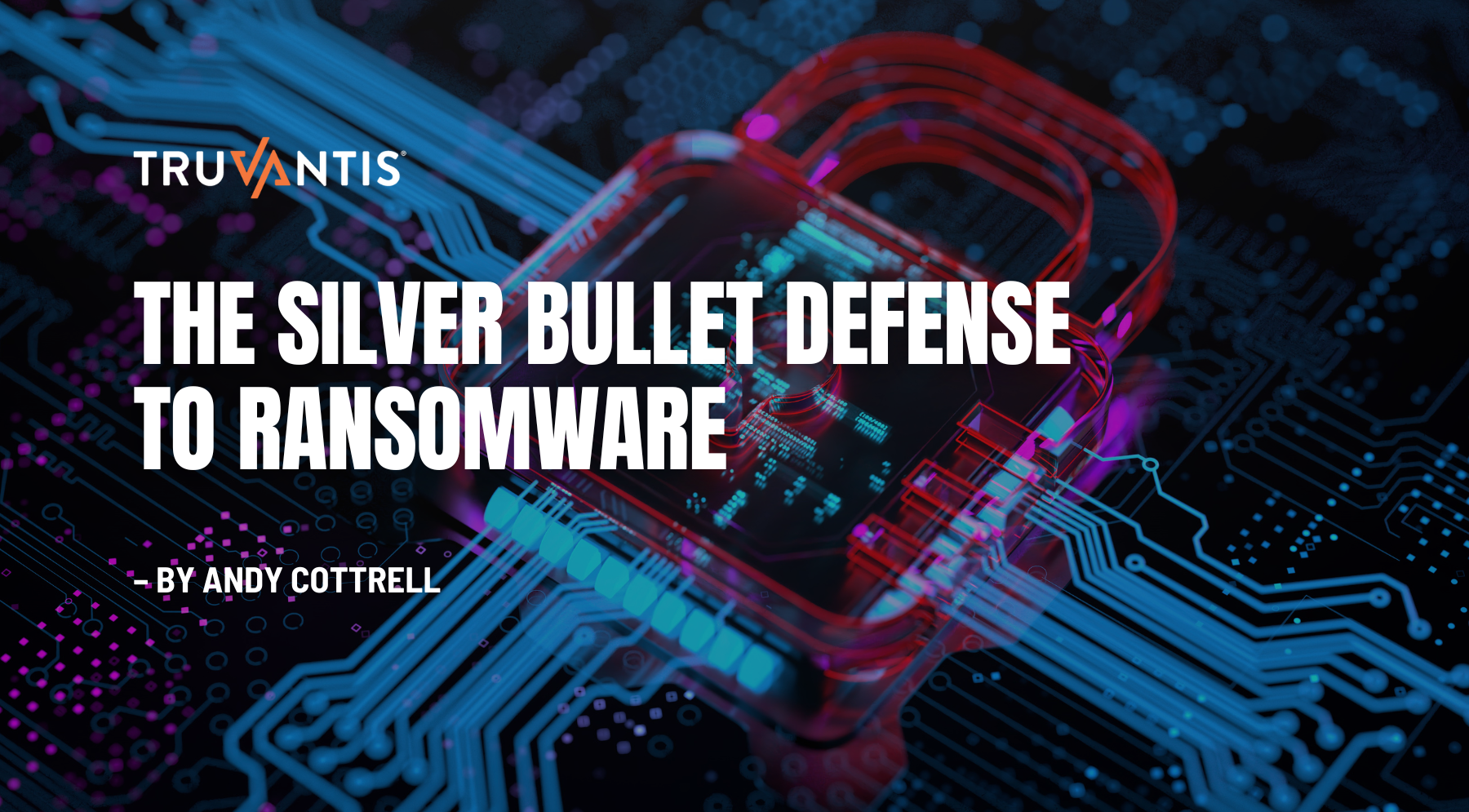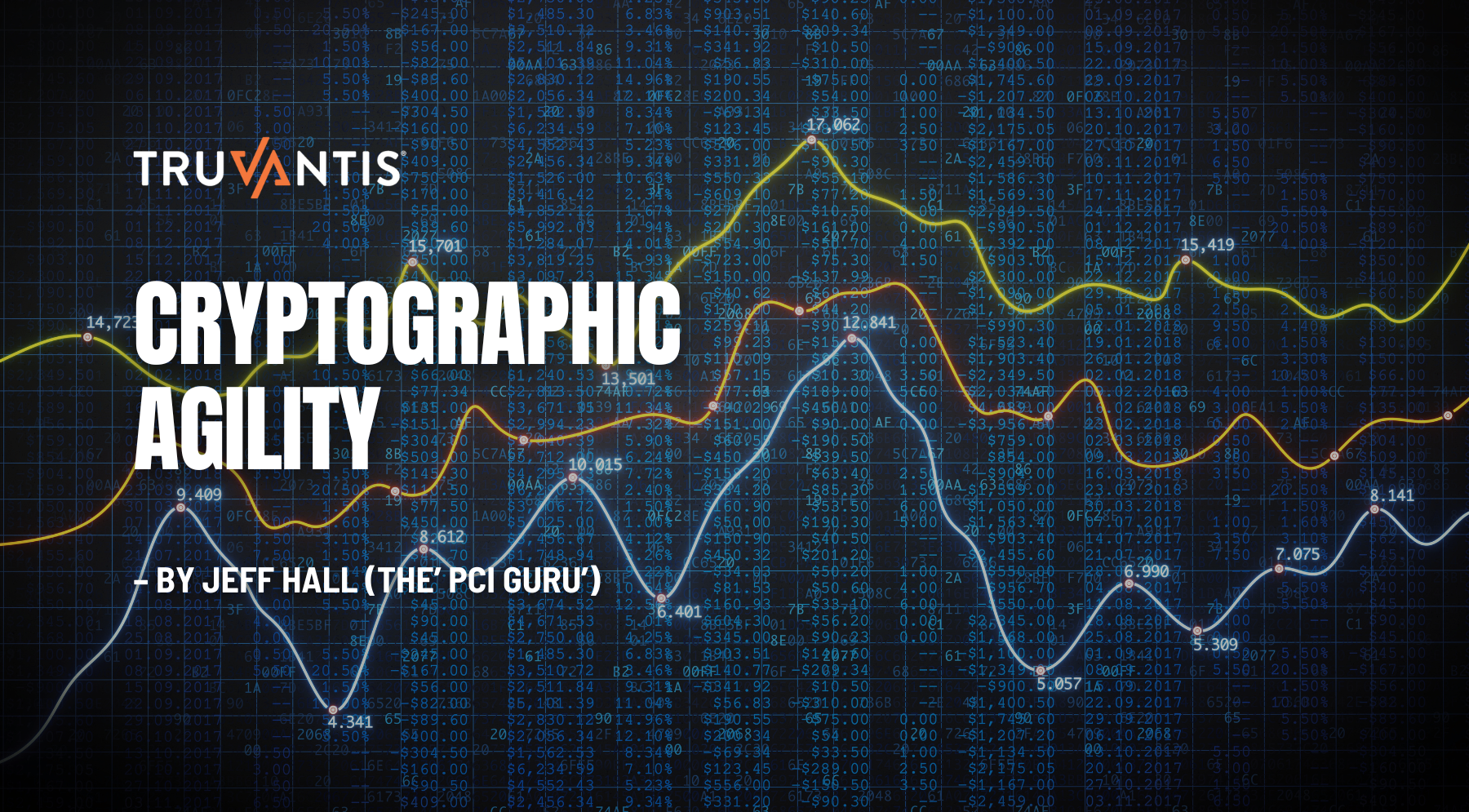The Data Protection Officer (DPO) is a role required by the EU General Data Protection Regulation (GDPR). If your organization is subject to GDPR and meets the large-scale data handling factors, you need a DPO. What can you do if you don't have an on-site DPO on staff? A vDPO might be the answer.
The Role of Data Protection Officer
While DPOs are not personally responsible in case of non-compliance with the GDPR, their assigned duty is to monitor compliance with the GDPR. The controller or processor is ultimately accountable for implementing appropriate technical and organizational measures to ensure and demonstrate that processing is performed in accordance with GDPR rules. However, the DPO plays an essential role in assisting the controller or processor, especially when carrying out a Data Privacy Impact Assessment (DPIA) and deploying mitigation solutions.
GDPR recommends that the controller or processor seek the DPO's advice on whether the DPIA has been correctly carried out and what safeguards must be applied to mitigate risk and maintain GDPR compliance.
When is a DPO Required?
If an organization processes a large scale of sensitive data involving EU citizens, the DPO role is likely required. Unfortunately, the GDPR requirement language is a bit ambiguous, so this is where you need to rely on the practical experience of a qualified DPO.
Is the Role of DPO Required in Other Privacy Laws?
What about other privacy laws which may impact your organization like CCPA, CPRA, ColoPA, Virginia VCPA, GLBA, HIPAA, and PIPEDA? These laws do not specifically require the DPO position as in GDPR. However, most of the functions and activities that a DPO provides are necessary to comply with other privacy laws.
Even if it's not required, is it a good idea?
Even when the GDPR does not explicitly require the appointment of a DPO, organizations may sometimes find it helpful to designate a DPO voluntarily. Most organizations are subject to multiple privacy laws and may choose to appoint a DPO even if not technically required by law. Even if you do not have an official DPO position, your organization will require similar expertise to maintain privacy compliance and business continuity.
What is a Virtual DPO? (vDPO)
Often an organization does not have in-house talent, finds itself between in-house DPOs, or may decide to outsource the role for efficiency reasons. A vDPO is a service contracted to an external service provider. A high-quality vDPO service provider brings a team of experts with knowledge of data protection laws and practices and experience maintaining compliance with GDPR and other privacy regulations.
Why Hire a vDPO?
It can be more efficient and cost-effective to outsource to a vDPO as a permanent solution. A single person can only know so much, whereas a vDPO service brings a bench of experts to the table. When data processing activity is particularly complex or where a large amount of sensitive data is involved, the vDPO brings a high level of expertise and support.
vDPO Skills and expertise should include:
- Expertise in global, national and industry-specific data protection laws and practices, including an in-depth understanding of the GDPR
- Knowledge of the processing operations carried out
- Understanding of information technologies and data security
- Knowledge of the business sector and the organization
- Ability to promote a data protection culture within the organization
The GDPR requires affected organizations to ensure that DPOs can perform their tasks with sufficient autonomy. Therefore, the DPO shall directly report to the highest management level of the controller or the processor. Such direct reporting ensures that senior management and the board of directors are aware of the DPO's advice and recommendations as part of the DPO's mission to inform and advise the controller or the processor.
Using an outside consultant or vDPO is often an advantage in that they bring an independent mindset by nature. In addition, a qualified vDPO is an expert in data protection law and practices and is unencumbered by internal politics or the ole 'we've always done it this way' syndrome.
In addition, the GDPR includes the requirement that the DPOs do not have a conflict of interest. The DPO cannot hold another position within the organization that leads them to determine the purposes and means of processing sensitive data. Internal employees naturally feel pressure from other parts of the business, which often favor fast time to market and revenue goals over data privacy issues. No doubt time to market and revenue drivers are essential for your business; however, legally, they cannot affect the role and judgment of the DPO. It is easier for an outside consultant or vDPO to ignore internal pressures and focus on the challenging task of GDPR compliance.
Do you need a specialist, or can a vDPO service be one aspect of a larger role?
Cybersecurity and privacy practices are specific and distinct. Nevertheless, the disciplines overlap, and most experts agree you cannot have privacy without good cybersecurity. The vDPO role can be a component of an overall quality vCISO service. Unlike a full-time CISO, with a vCISO service, you can buy just what you need when you need it, depending on your immediate or long-term requirements. Our clients come to us for everything from a targeted pen test on a specific system to a holistic cybersecurity, privacy and compliance program. A vCISO program can be customized to your business security and privacy needs. The value a vCISO can bring to your organization includes cost savings, scalability, and flexibility.
Why Truvantis®
Not every business can internally support the staffing and resources necessary to develop robust privacy programs independently. Fortunately, you can partially or fully outsource to trusted partners the job of DPO. At Truvantis, our vCISO/vDPO service is not a one-size-fits-all solution. Instead, we take a personalized approach to your business situation, cybersecurity, privacy, and incident response requirements.
Truvantis is a cybersecurity consulting organization providing best-in-class cybersecurity services to secure your organization's infrastructure, data, operations, and products. We specialize in helping our clients improve their cybersecurity posture by implementing testing, auditing, and operating information security programs.
References: Guidelines on Data Protection Officers ('DPOs') (wp243rev.01)


.png)






